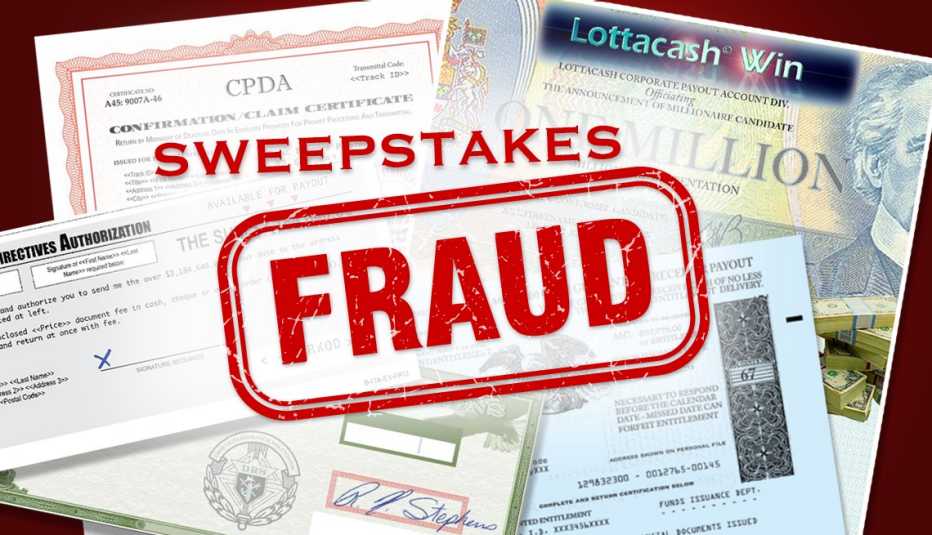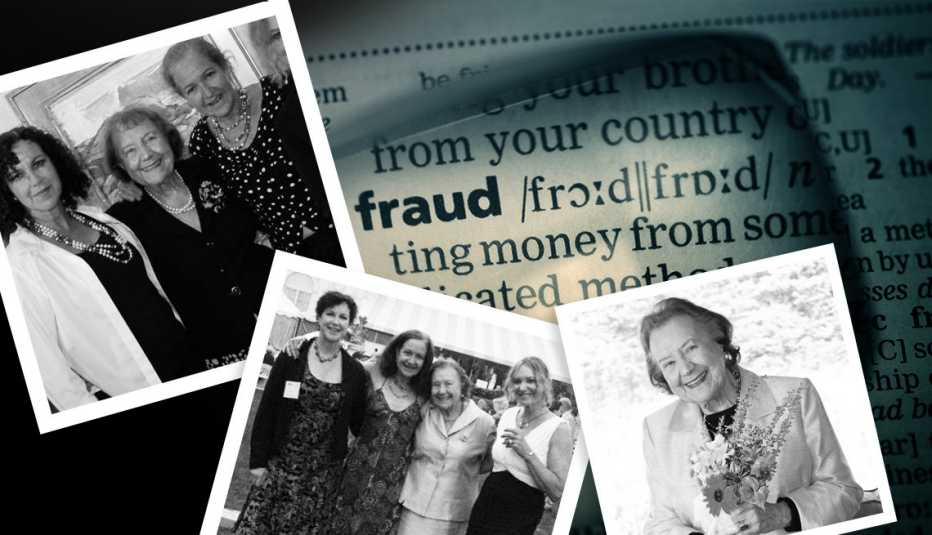AARP Hearing Center
An 85-year-old retired teacher in Alaska just gave away $45,000 in two sweepstakes scams, paying fraudulent fees to supposedly allow her to collect her prizes. This is one kind of fraud that zeroes in on older Americans, the Better Business Bureau (BBB) says in a new report. She never got the Mercedes-Benz nor the millions of dollars that were promised.
The scams began in March, says the woman's son, a 57-year-old accountant who lives in the Seattle-Tacoma region in Washington state. Neither the mother nor her sons are being named, since her family is not convinced her ordeal is over. Once scammers hit the jackpot, so to speak, they may sell a victim's information on a “lead list” to another scammer. That's what the accountant son thinks happened. The family called AARP's Fraud Watch Network Helpline, 877-908-3360, about the case.
"We tried to dissuade her from having contact with these people,” the son says. “She is deeply religious, and she said she prayed on it, and felt it was the real thing, despite all these warning signs we [children] shared with her."
This family's heartbreak is not unique. Sweepstakes and lottery scammers target adults 55 and older, and victims in this age group who actually lost money gave away an average of nearly $1,000 each, the BBB says in the report. For some, the loss is much higher.
The Alaska woman's son says the first group of scammers that defrauded his mother posed as officials of Publishers Clearing House, which carries fraud warnings on its website and notes: “At PCH the winning is always free and you NEVER have to pay to claim a prize.”
Others have been preyed on
The BBB report cites a Michigan man, also in his 80s, targeted by sweepstakes scammers in 2020, shortly after his wife died. He lost $72,000.
The widower was told he'd won $2.5 million, gold medallions and a luxury car in a sweepstakes. He began talking to the scammers daily, even after his daughter had his phone number changed.
These ruses hinge on a similar request: Pay money up front — called “taxes” or “fees” — to collect a supposed prize. Victims are told to pay with gift cards, cash, cashier's checks, wire transfers or deposits into specified bank accounts.
From Michigan to Mississippi
The widower withdrew $72,000 from his nest egg and mailed cash to an address in Mississippi. It's highly unlikely such losses can be recouped, the BBB says.
A ray of good news: Complaints to three entities in the U.S. and Canada about sweepstakes, lottery and prize scams have dropped 16 percent since 2018. The Federal Trade Commission (FTC), the FBI's Internet Crime Complaint Center; and the Canadian Anti-Fraud Centre took the complaints.





































































